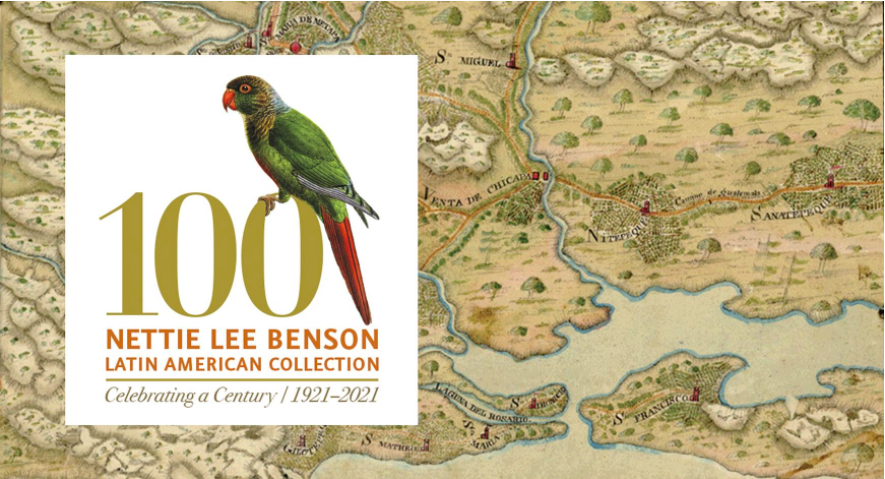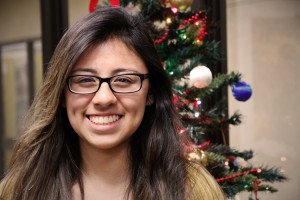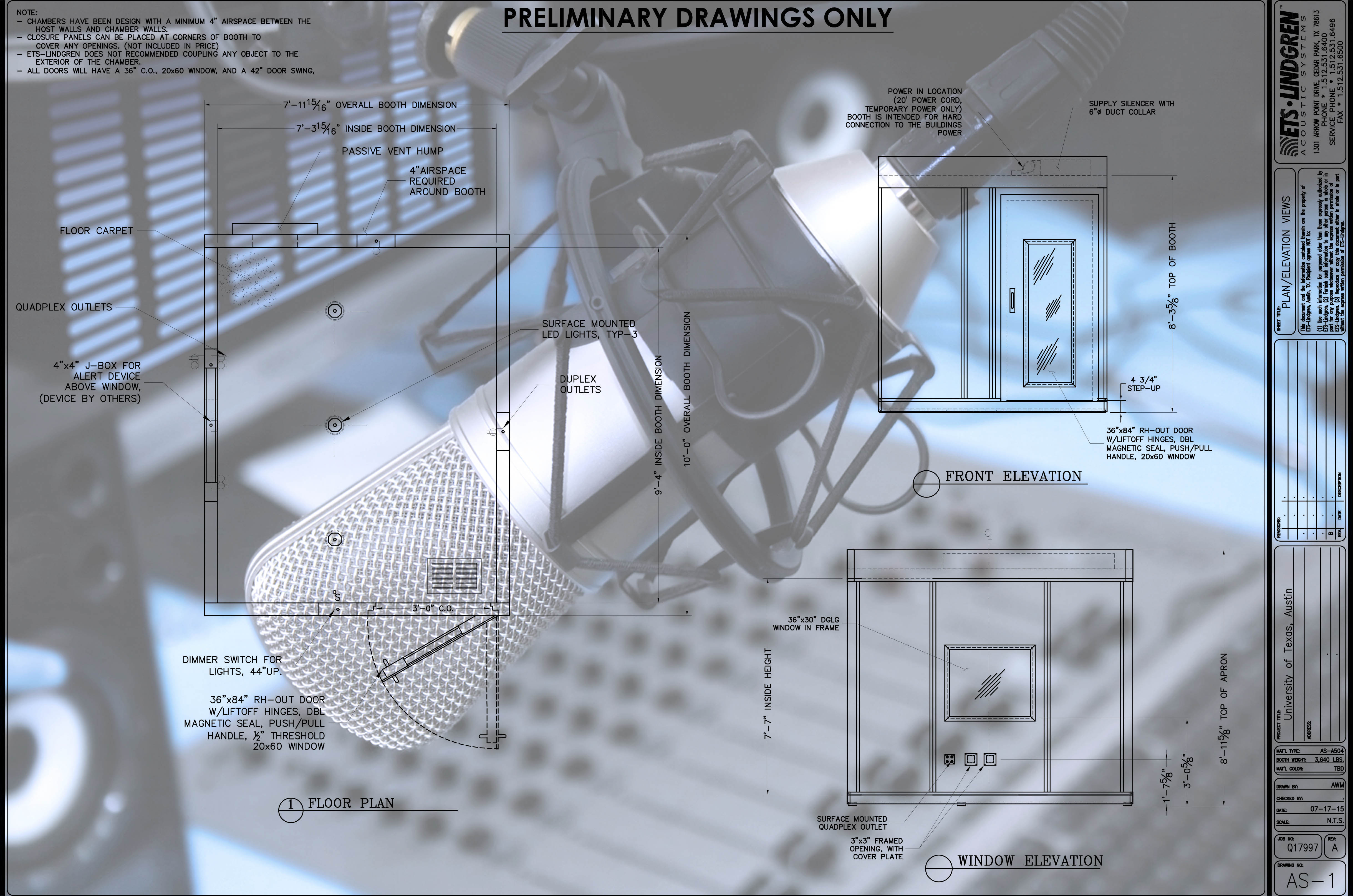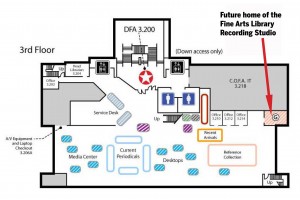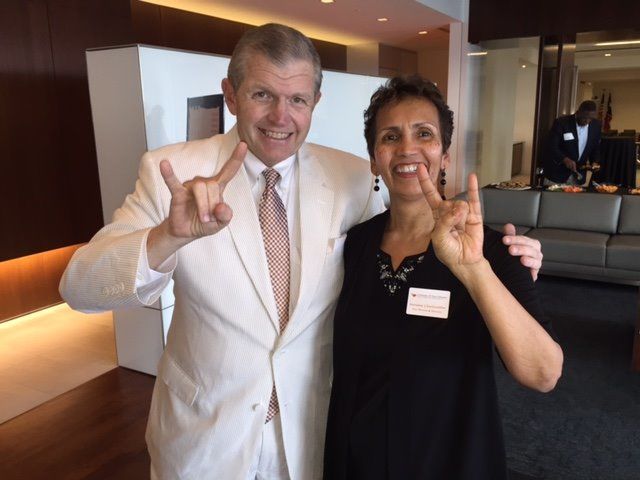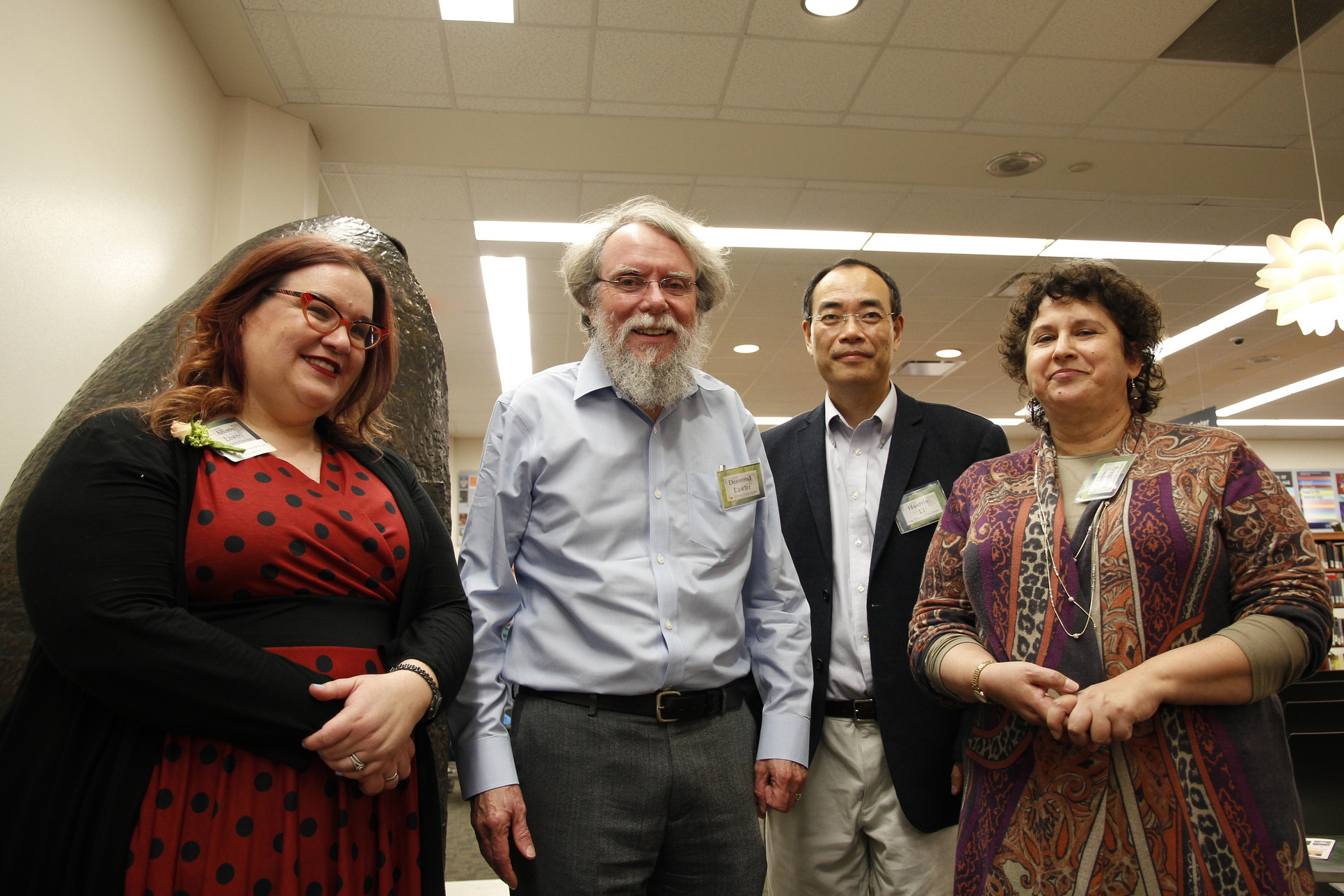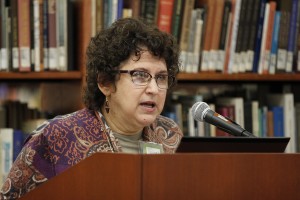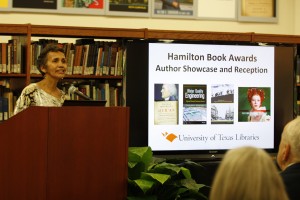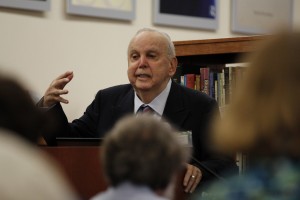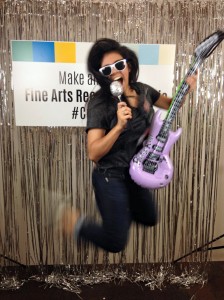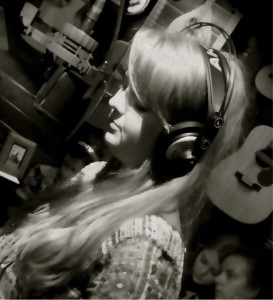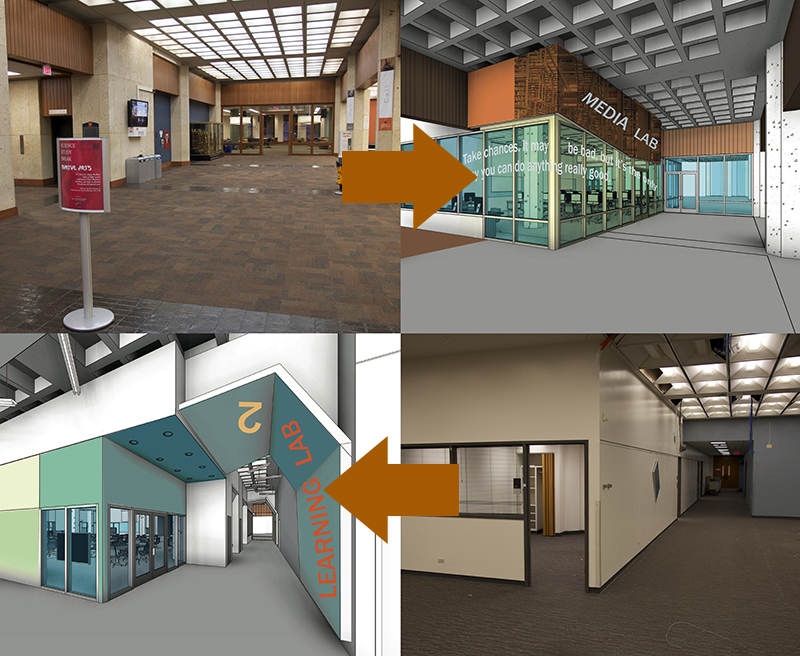
Building the Learning Commons in the Perry-Castañeda Library and the Creativity Commons in the Fine Arts Library come with a big price tag. The University of Texas Libraries has invested time, money, and staff to these projects, however, there is still a need for funding.
Phase one of the Learning Commons will transform 20,000 square-feet on the entry level of PCL. In addition to adaptive-learning classrooms and a new media lab, the Learning Commons will serve as the new home for the University Writing Center. These changes are all part of making the Perry-Castañeda Library a one-stop-shop for student research and productivity. The overall cost for the first phase of the project — roughly $4.5 million — has been shouldered with the help of the Office of the Provost ($2 million), the College of Liberal Arts ($500,000), and the Libraries ($1.5 million). The Libraries will still need to raise roughly $500,000 in order to fund the technology needs, the most critical of components for the Learning Commons. Funding opportunities for the Learning Commons:
- Digital Media Lab Sponsor – $75,000 (2 available)
Provide a space for 50 students to access state-of-the-art technology to assist them in creating presentations, media production, gaming projects and collaborative assignments.
- Learning Labs Sponsor – $50,000 (2 available)
Provide technology-enhanced large classrooms available for instruction and student study.
- Learning Labs Sponsor – $35,000 (3 available)
Provide technology-enhanced smaller classrooms available for instruction and student study.
- Technology Sponsor – $25,000 (3 available)
Provide hardware, software, technical assistance and installation of digital technology in the Learning Commons.
- Collaborative Space Sponsor – $15,000 (5 available)
Provide general study and work space for graduate and undergraduate students.
- Learning Commons Sponsor – $10,000
Support enhanced research, writing and academic assistance each student in the Learning Commons will receive.
- Student Sponsor – $1,700
Provide services in the Learning Commons for one student. Students will have access to research and writing assistance, tutoring, academic support, digital media production training and assistance.

The Fine Arts Library’s Creativity Commons will transform the way students and faculty use the libraries at the University of Texas. The Creativity Commons will include maker workshop tools found in colleges elsewhere on campus, like 3-D printers and shop tools, in addition to game development, recording and video production studios. The Libraries believe that hosting these labs is pivotal to students’ success because while these tools are available in other areas on campus, they are restricted to students of a certain major. The University of Texas Libraries has partnered with the College of Fine Arts to fund staff to create and manage the various aspects of the Creativity Commons. The overall cost of building the Creativity Commons is $175,000. Funding opportunities for the Creativity Commons:
- Video Production Studio Sponsor – $50,000
Provide high-end video technology and equipment to check out and enable students to have access to high-end cameras and a responsive editing facility with large format monitors.
- Game Developer Studio Sponsor – $35,000
Provide equipment and technology for game development and testing.
- Maker Workshop Sponsor – $25,000
Provide a DIY space for students to create, fabricate, build, hack, and code.
- Technology Sponsor – $25,000
Provide all necessary hardware, software, and instillation for the Creativity Commons.
- Recording Studio – $15,000
Provide a variety of equipment for song/music creation – keyboards, computers, mixers, microphones and a “voice over booth,” that will have sound isolation for signers and narrators to practice and record vocal parts.
- 3D Design Workspace Sponsor – $15,000
Provide a cluster of medium-level 3D printing stations that will be fully support from design assistance to implementation.
- Student Sponsor – $5,000
Provide services in the Creativity Commons for one student. Students will have access to state-of-the-art technology and equipment as well as expert training.
The UT Libraries will embark on its very first crowd-funding campaign in March to raise $10,000 for the Recording Studio in the Creativity Commons. The campaign has partnered with five “champions” to spread the word about the Fine Arts Library Recording Studio. Fine Arts Librarian Laura Schwartz, UT Libraries Chief Development Officer Gregory Perrin, Psychology major Rosa Muñoz, Theatre and Dance and Advertising major Sara Robillard, and Librarian and local Austin musician PG Moreno are championing the project to students, faculty, alums, friends, and community members to gain their support. The campaign will kick off on March 23 and run through May 1. For more information or to get involved, please contact Natalie Moore.
Philanthropy continues to play a key role in the Libraries success. Individuals and corporations who invest in the Learning Commons and/or the Creativity Commons will be recognized with their name in the completed spaces they have sponsored. To support the creation of the Learning Commons or the Creativity Commons, please contact Gregory Perrin or visit our online giving page today.

